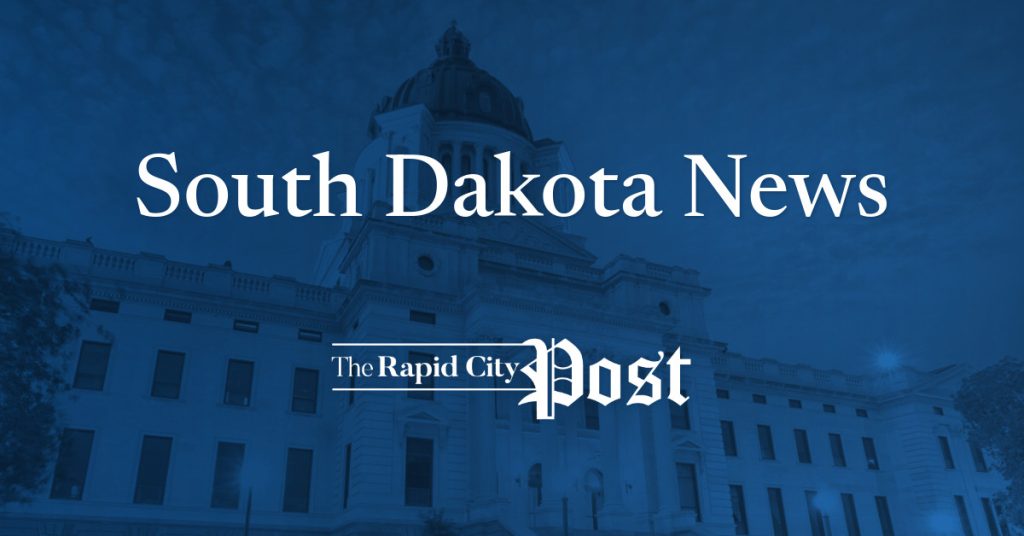HELENA, Mont.
MARA SILVERS/Montana Free PressMontana Free Press
A Montana audit found a two-year transition between contractors tasked with monitoring Montana medical providers with substance use disorders or mental illnesses may have allowed some of those professionals to practice without oversight. The audit said the turmoil also undermined the trust of the dozens of nurses, doctors, dentists and pharmacists who were being monitored. The labor department said there was no basis for the conclusion that more than two dozen participants were unaccounted for during the transition. However, labor department employees told auditors that when one provider lost its contract, it did not turn over all its records and documentation. Some participants say the current monitors aren’t responding to their concerns.
HELENA, Mont. (AP) — A chaotic two-year transition between contractors tasked with monitoring impaired Montana medical providers may have allowed some of those professionals to practice without oversight, a Legislative Audit Division report released this week found.
The turmoil also undermined the trust of the dozens of nurses, doctors, dentists and pharmacists being monitored for substance use disorders and mental illnesses, Monday's report said. Without a functional program to track and support those participants, state auditors warned of potential risks to public safety and liability for state licensing boards.
“The sudden transition and communication breakdowns fostered distrust and instability within the program. As the department refines its approach to overseeing contracts and managing medical assistance programs, it must focus on transparency, engage stakeholders, and implement comprehensive data recovery efforts,” the audit said.
In her written response to the report, state Department of Labor and Industry Commissioner Sarah Swanson said there was “no basis” for the conclusion that participants “were unaccounted for” during the transition between programs, arguing that many were no longer eligible for the program. She also said that Montanans were never put at risk.
The state Department of Labor and Industry awarded the $1.63 million oversight contract in 2023 to Maximus, a Virginia-based government services contractor, after ending the contract with the Montana Professional Assistance Program (MPAP) and temporarily trying to manage the program internally. MPAP, a nonprofit headquartered in Billings, had held the contract since 1989. State officials said they moved to end that arrangement after MPAP employees and licensee participants raised a range of complaints against the organization’s director, including harassment and discrimination.
Auditors reported that 27 participants were not immediately accounted for after the state moved the monitoring agreements from MPAP to the state labor department, raising the possibility of a gap in oversight. DLI disputed that finding in its formal response to the report, despite staff within the department telling auditors that they had received incomplete records and documentation from the Billings nonprofit after it lost the contract and shuttered operations.
While the tracking of participants has stabilized under Maximus, medical providers with recent monitoring agreements largely told state auditors that the company does not treat them fairly, is not responsive to their concerns and doesn’t care about them, the audit said, complaints previously reported by Montana Free Press. Maximus has three primary employees working with participants, auditors said, though none of them currently reside in Montana.
Two Maximus employees “previously split their work between the Montana program and another assistance program they run in another state,” auditors said, but noted that the company “did not rebid” for that contract and is “phasing out its services.” After that program closes, auditors said that both employees will work for Montana’s program full-time.
The report had previously listed Oregon and California as the two other states where the company operates assistance programs for licensees. Cal Matters, a California news outlet, reported in 2024 that Maximus’ $12.4 million contract was set to expire at the end of that year and that the company had not bid for a continuation of the agreement.
Auditors recommended that the state labor department shore up how it handles transitions between vendors for such a sensitive and important safety and rehabilitation program. Maximus’ contract in Montana is set to expire in December, and while there’s no indication that it might not rebid, auditors said the company’s exit from another state “may mean there is increased risk a new vendor may be needed.”
“Without a transition plan, including better communication strategies, DLI risks repeating past missteps, further destabilizing a program that has already endured years of uncertainty,” the audit said.
The labor department agreed with that portion of the audit’s recommendations, acknowledging the need to “create a vendor transition plan to minimize volatility.” The department also said it aims to maintain strong oversight of the current program, including pursuing a separate external audit as required by state law.
“DLI continues to proactively solicit and resolve concerns from participants, members, and stakeholders, and is working to implement additional mechanisms to foster collective problem-solving,” Swanson said.
___
This story was originally published by the Montana Free Press and distributed through a partnership with The Associated Press.


